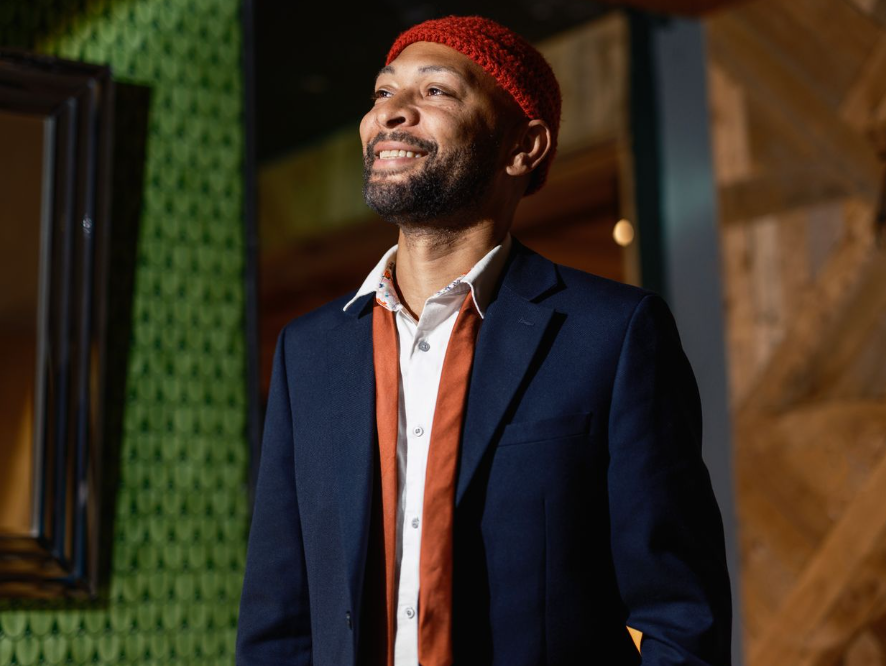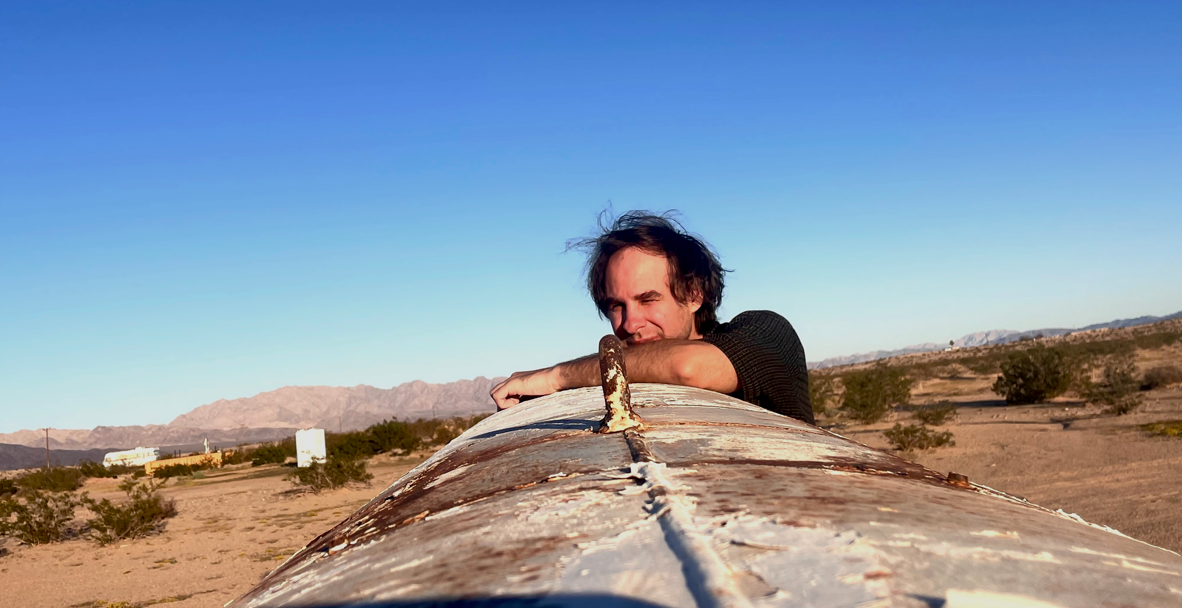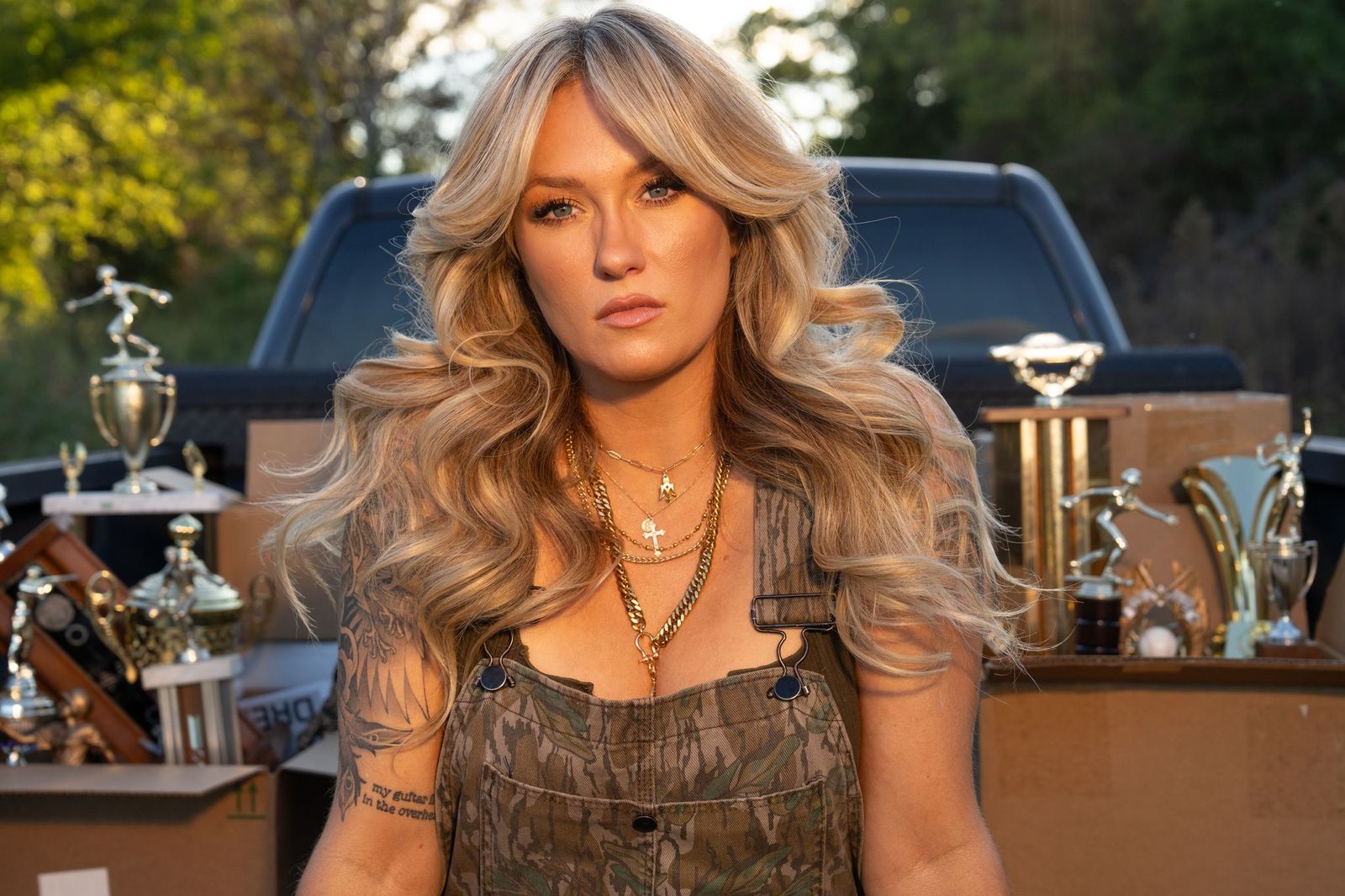
AFP/Getty Images
2020 is a cursed year.
Unless you live under a rock, or you’re Jeff Bezos, you’re probably suffering from crisis overload. COVID-19 has killed over 160,000 Americans to date, and millions are still without jobs. The nationwide protests against police brutality have brought into sharp relief the racism endemic in our policing and in our society at large. We’re worried about our safety and the safety of our families, about job security, or about how we’re going to pay rent this month. With the election just months away, we’re worried about the state of our democracy and whether it will withstand forces that threaten to dismantle it.
Remember climate change? If it’s recently taken up less of your emotional real estate than it did in, say, February, I don’t blame you. There’s only so much crisis a person can take at one time. But unfortunately, despite whatever else is going on in the world, climate change continues its steady march toward the point of no return, which scientists say is about 15 years out.
Even though 15 years may as well be 15 centuries compared to the immediacy with which coronavirus has ravaged our country, there has never been a more urgent moment—nor a clearer opportunity—to fight for the radical climate reform necessary to combat it. But the window is small, and if we miss it, we may not get a better chance until it is too late.
Climate change in the 2020s: What impacts to expectyoutu.be
For one, even though the past few months have shown a decrease in global carbon emissions, this is only a temporary effect of shuttered international borders and widespread economic shutdown. It’s no victory, in other words.
In fact, this pandemic has given President Trump ample opportunity to ramp up the reversal of Obama-era environmental regulations in the name of restoring the economy. While we were distracted by his suggestion that injecting bleach could cure coronavirus, or that having his face carved in Mount Rushmore would be a “good idea,” he was busy rolling back the crucial National Environmental Policy Act, which will accelerate federal approval for new power plants and pipelines. More recently, he lifted regulations on methane emissions.
His timing is as ironic as it is startling, given the fact that COVID is a respiratory disease. One study found that a person living in an area with high air pollution is 15 percent more likely to die from coronavirus than someone living in a less polluted area. It’s well documented that Black Americans live disproportionately in high-polluted areas and also that they are more likely than whites to be essential workers. Taken together, these facts explain why Black individuals are about three times as likely to contract coronavirus as white people and about twice as likely to die from the infection.
Meanwhile, America’s billionaires have profited over $600 billionsince the start of the pandemic. Data shows that climate change follows the same trend, but on a global scale: The world’s richest countries, the ones responsible for emitting the most greenhouse gases, have become about 10 percent richer as a result of global warming, whereas the world’s poorest—the ones that contribute to the problem the least yet are hit hardest by the results—have seen their wealth decrease by 17-31 percent.
Many people make the mistake of believing that climate change is a purely scientific problem, but it is a deeply social one too. This pandemic has pulled back the curtain not only on inequalities that fuel our economy and systemic disregard for Black lives, but also how vastly unprepared we are to deal with disaster—disaster of the sort that, if climate change progresses unchecked, promises to become increasingly frequent and increasingly destructive, especially for BIPOC and low-income communities.
This is why the best proposals for combatting climate change go further and deeper than simply regulating carbon emissions (though that is paramount). Climate change touches American lives in many complex ways and requires an accordingly complex solution. For example, The Green New Deal—a nonbinding resolution spearheaded by Alexandria Ocasio-Cortez of New York and Ed Markey of Massachusetts—tackles unemployment, systemic racism, and healthcare on top of a transition to 100 percent renewable energy.
Past attempts at curbing carbon emissions have been largely unsuccessful due to lack of adequate public demand, a deep partisan divide that has pitted the health of humanity against the health of the economy (sound familiar?), and because of a few powerful oil companies with tentacles in Washington. But maybe, most crucially, these prior efforts to combat climate change have failed because we’ve never gotten the timing right.
The kinds of sweeping changes to our social and economic landscape that climate change requires don’t happen when things are, ostensibly, going just fine. Our country’s most radical policies were passed in the wake of devastation or of social unrest. Why should this moment be an exception?
While we’re in the process of writing our new normal, we can’t forget about climate change. The fight for climate justice is the fight for Black lives, is the fight for guaranteed healthcare, is the fight for a country that protects its citizens before it protects private industry. If the human toll of COVID-19 hasn’t made clear why these things are necessary, I’m not sure anything will.
- Beccs Talks New Climate Change-Themed Song “Such A Love” – Popdust ›
- 2020 in Review: 12 Months of Unique Horror – Popdust ›














